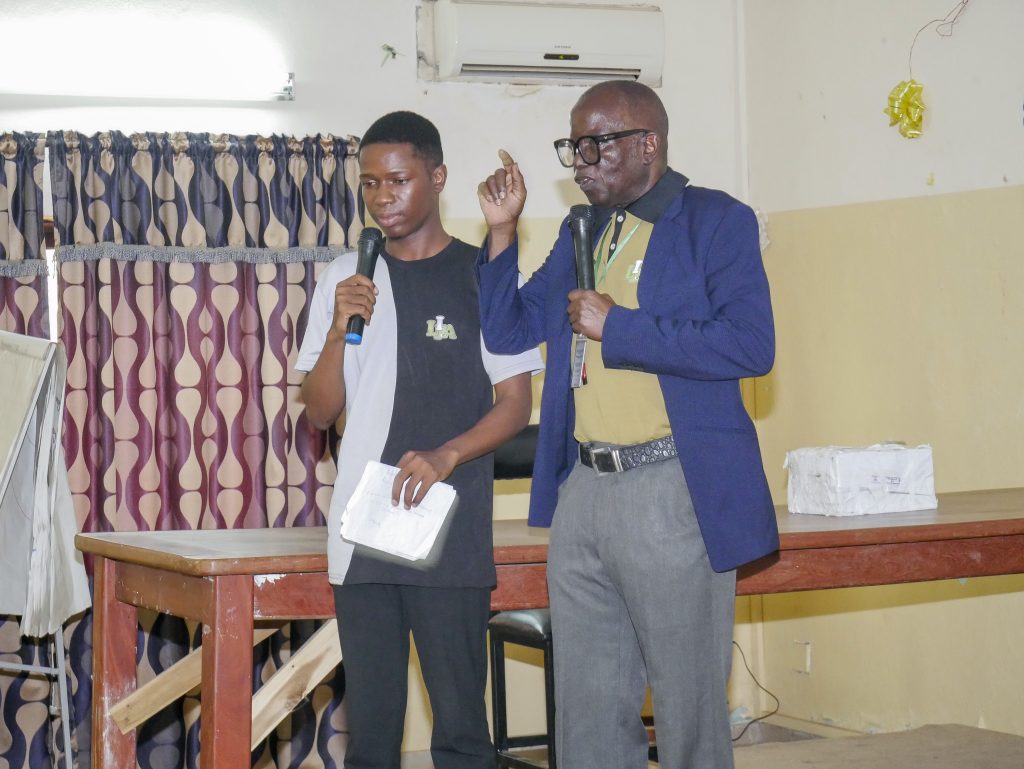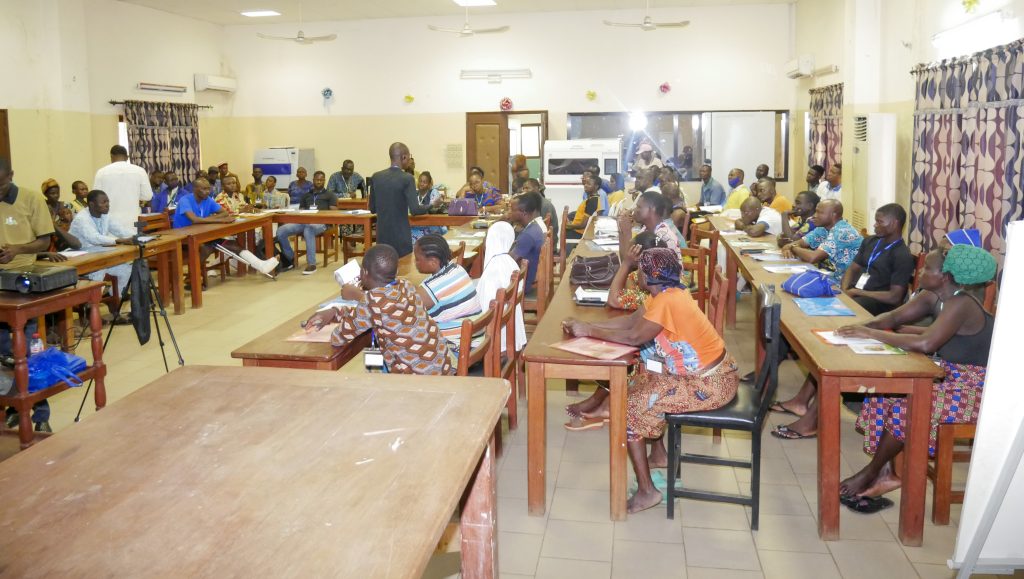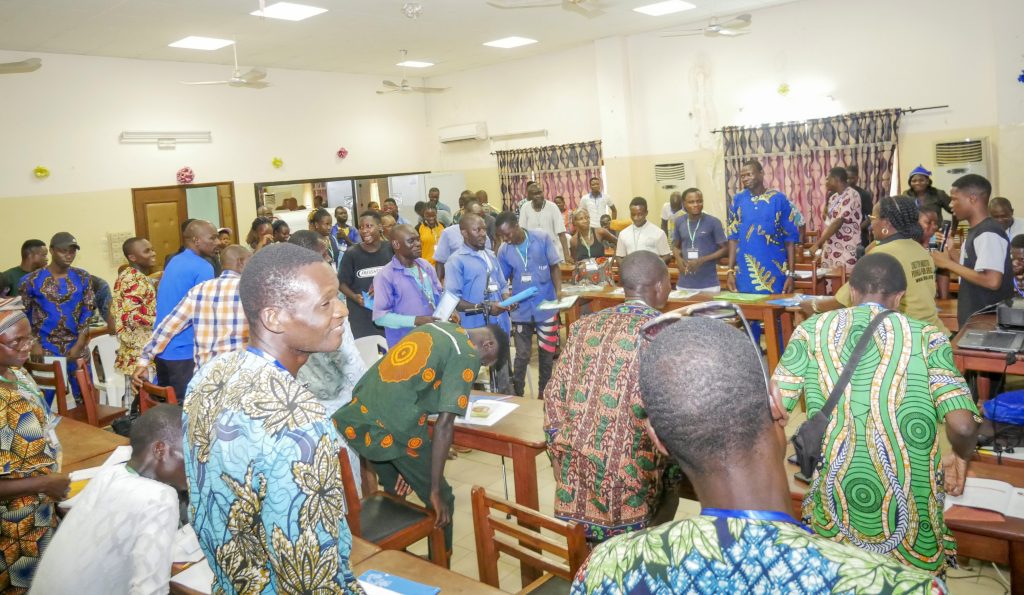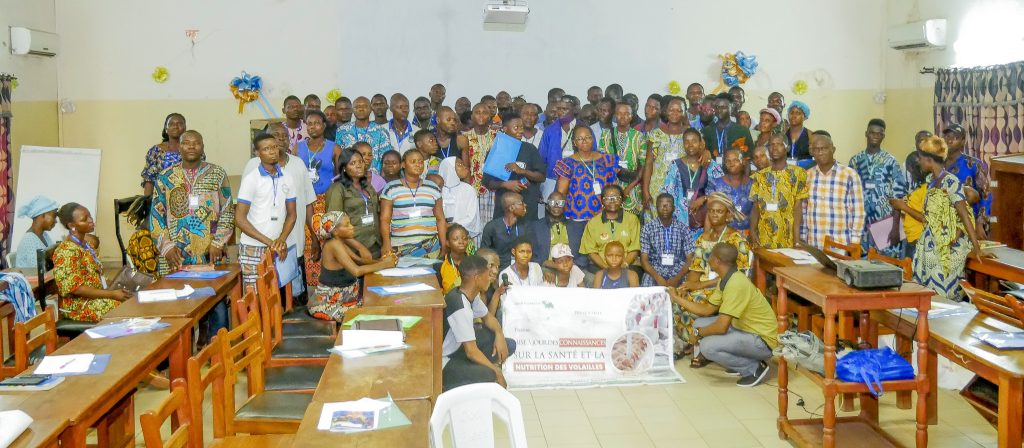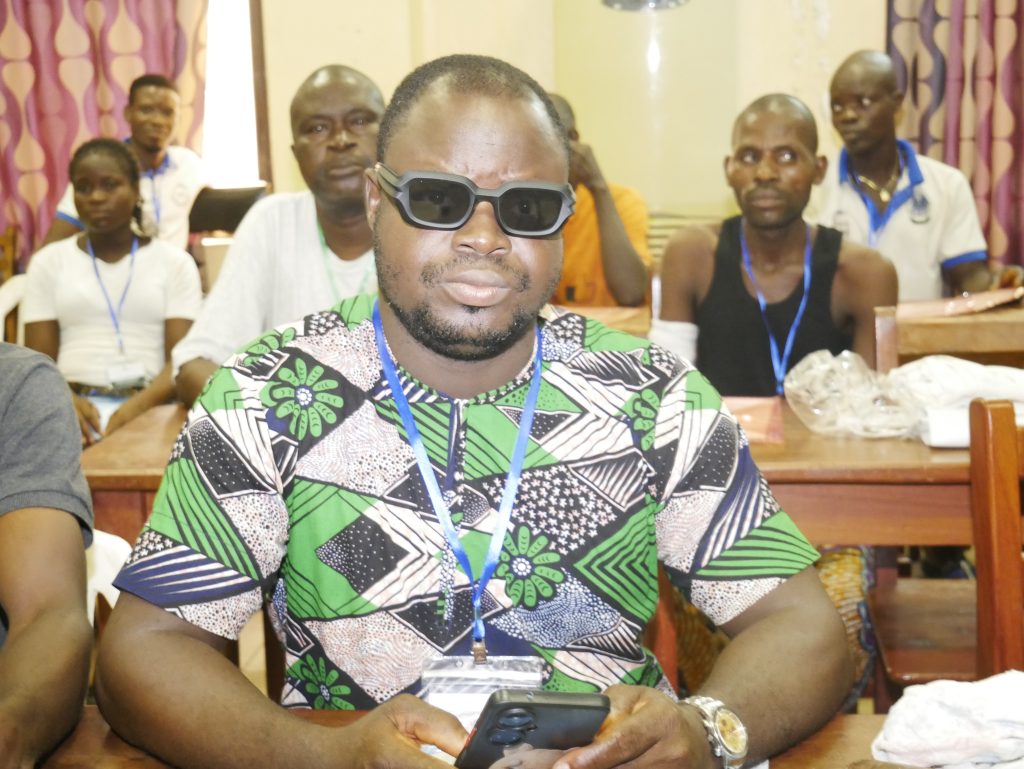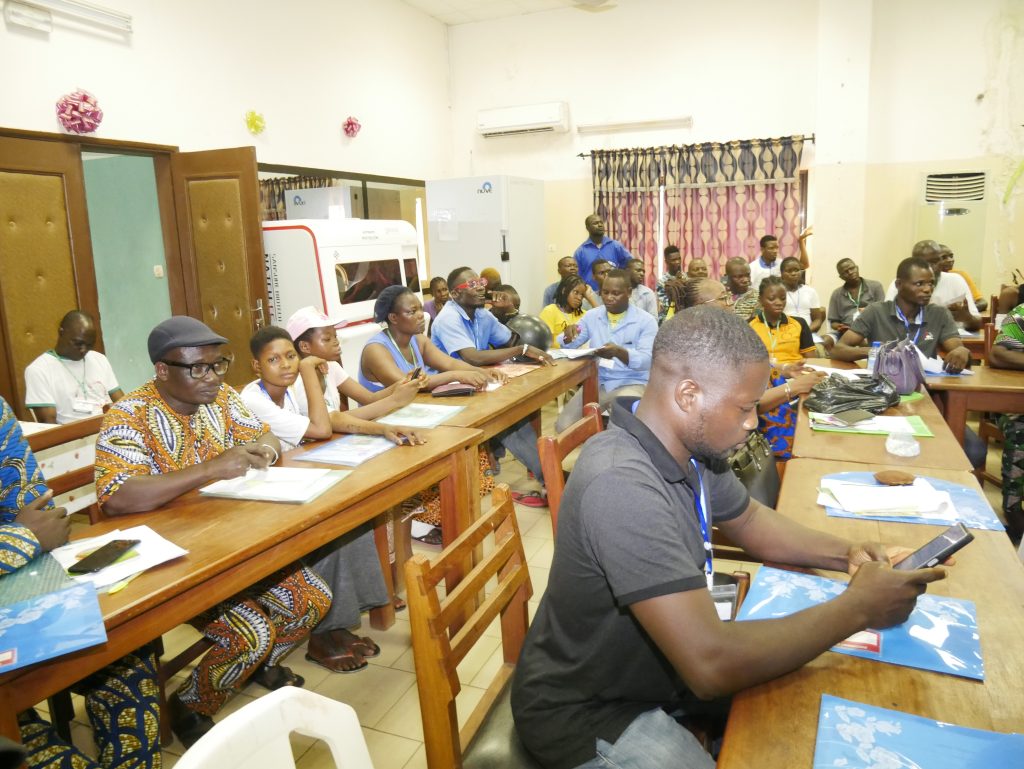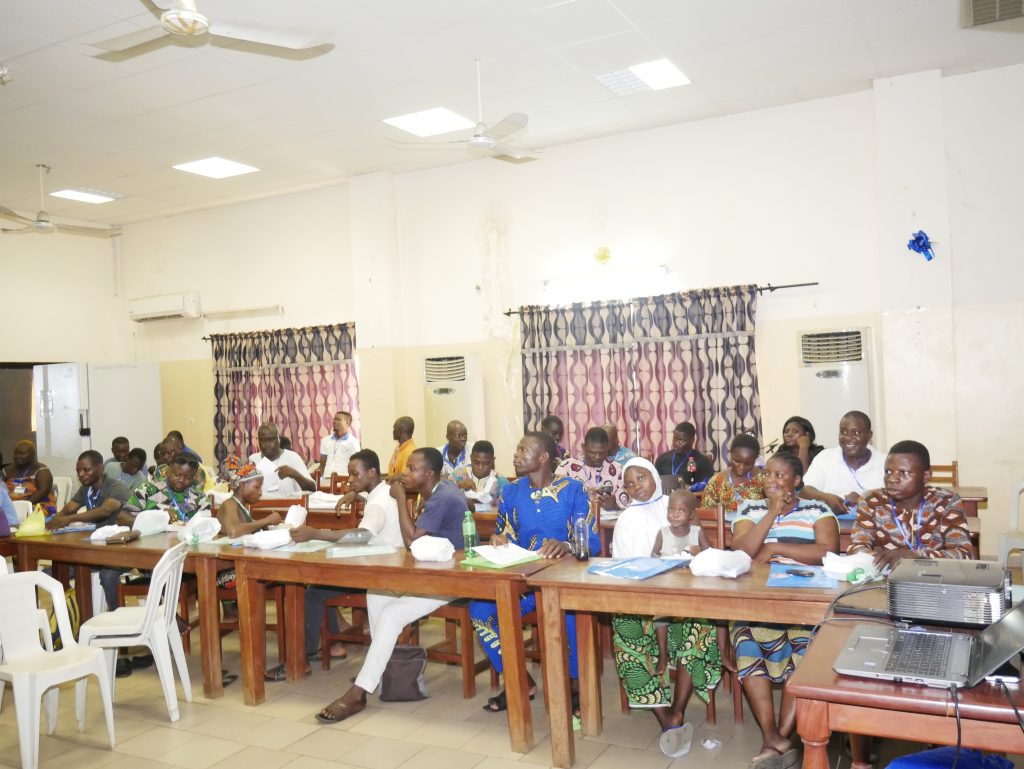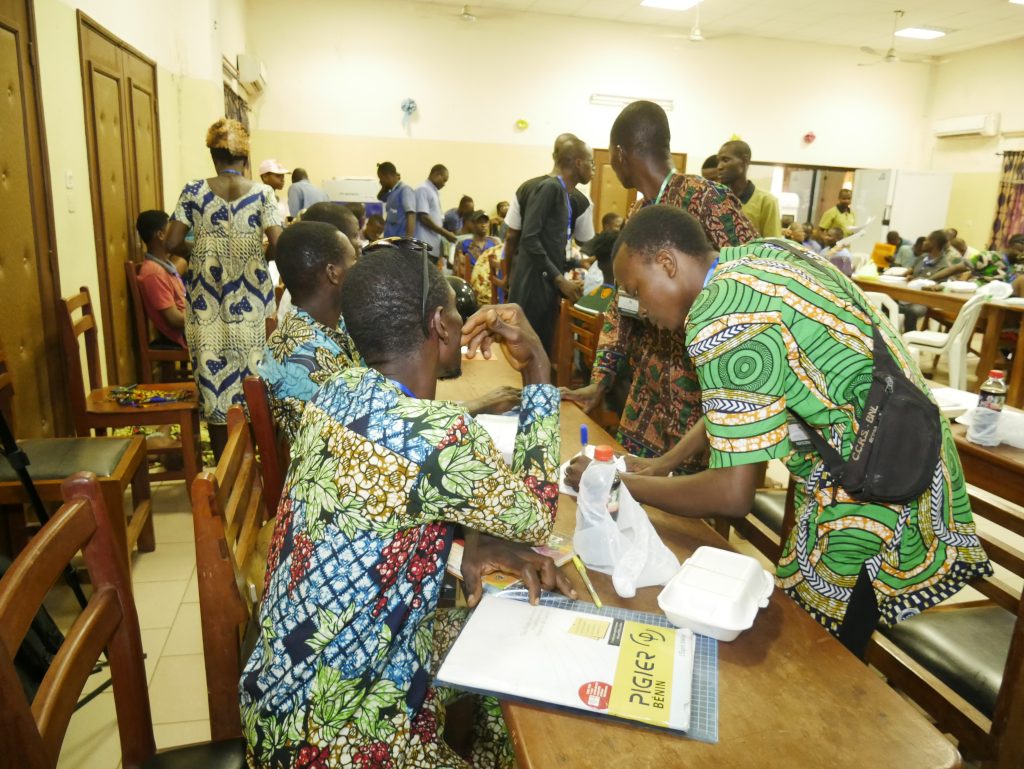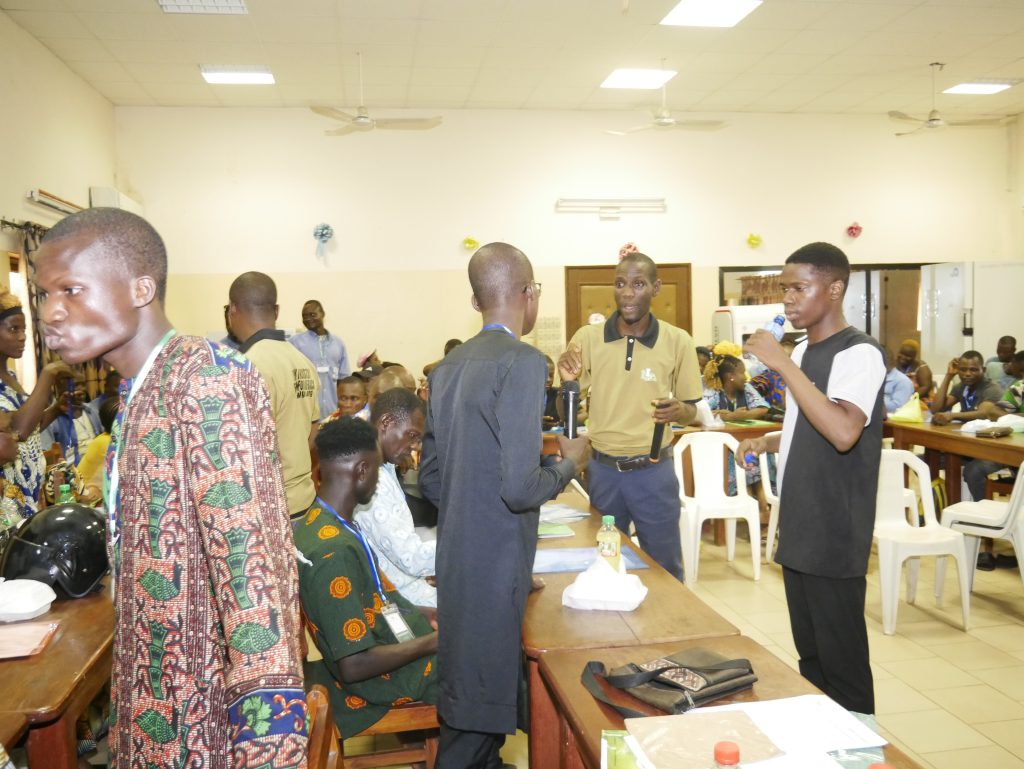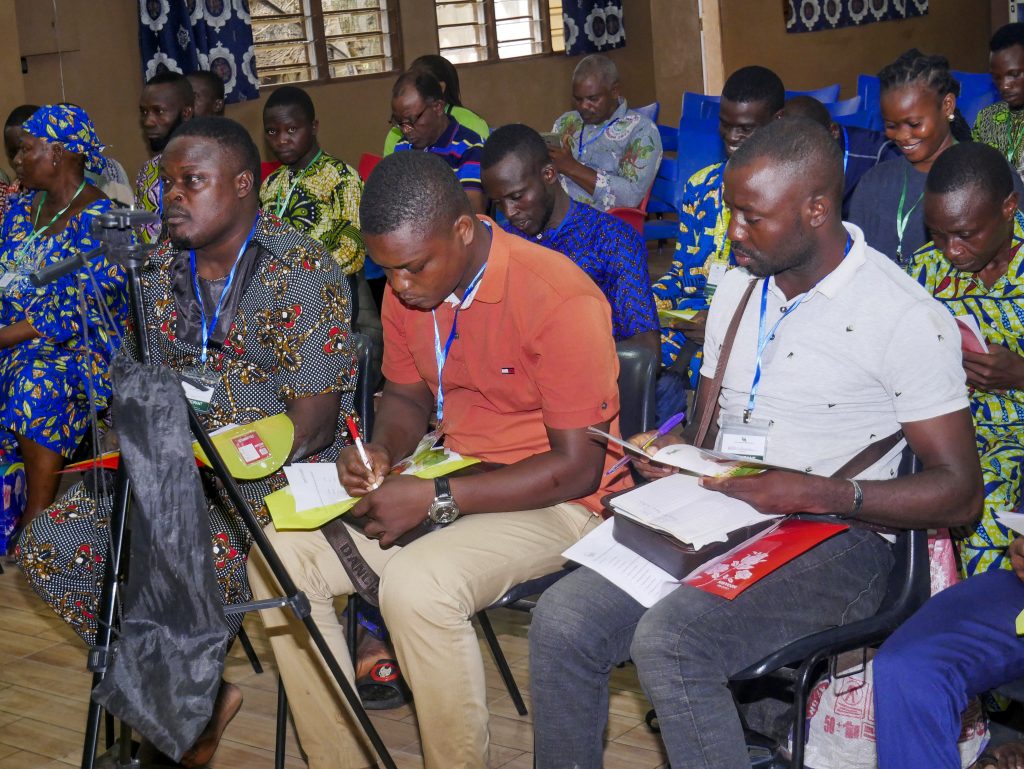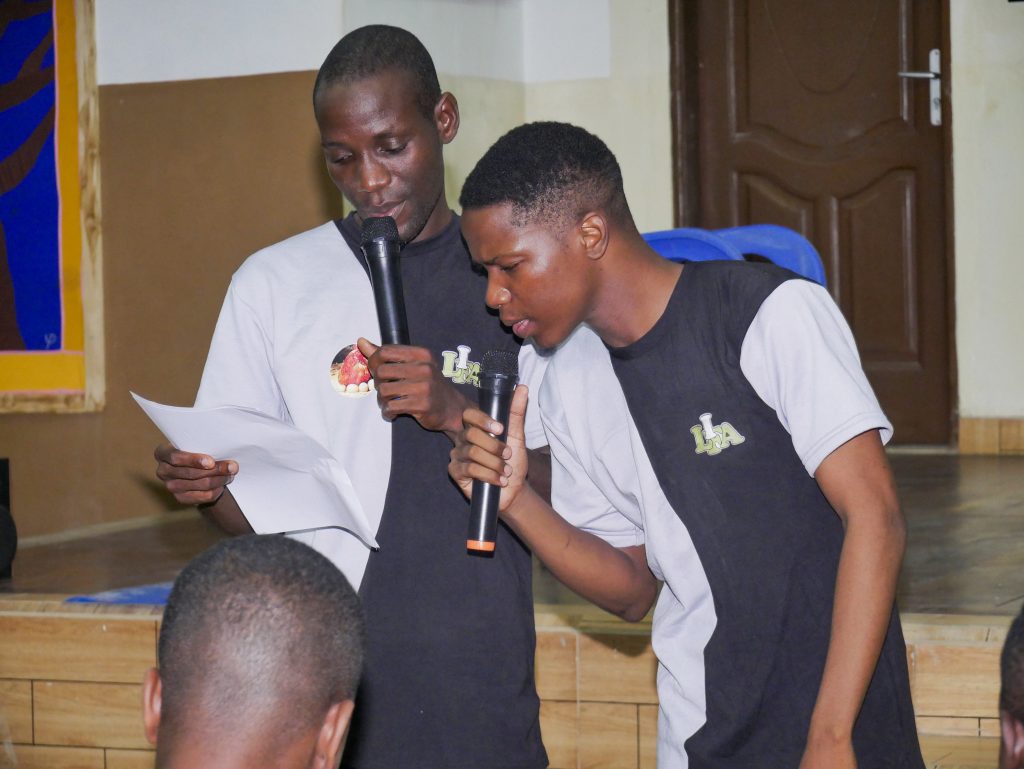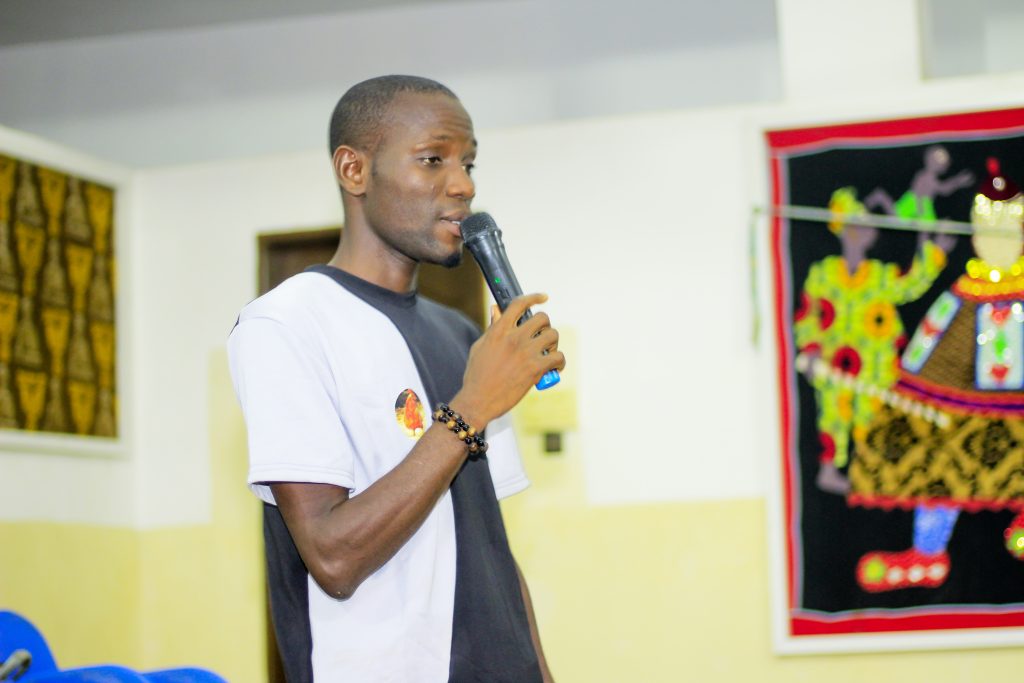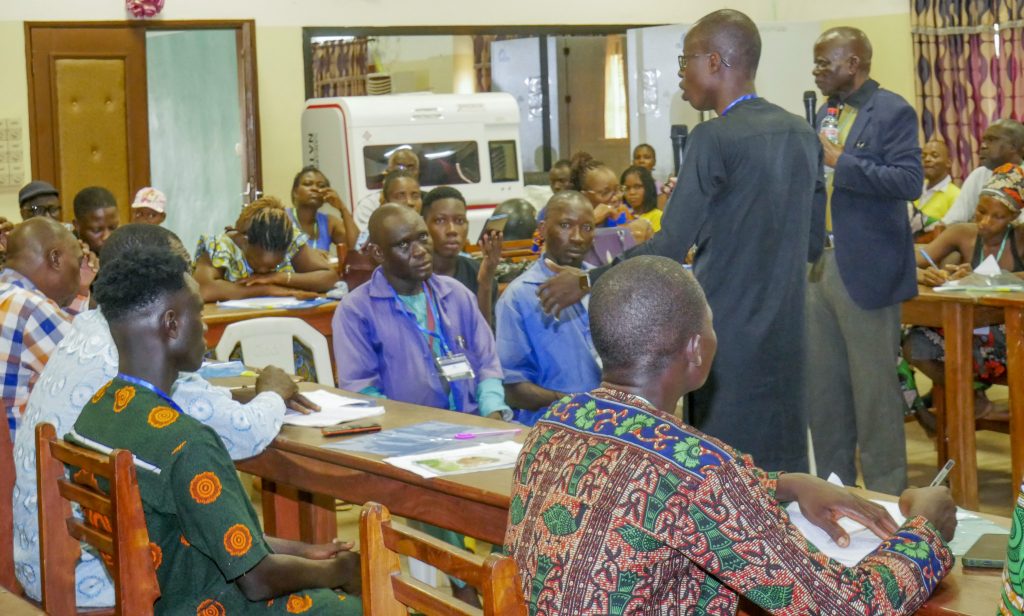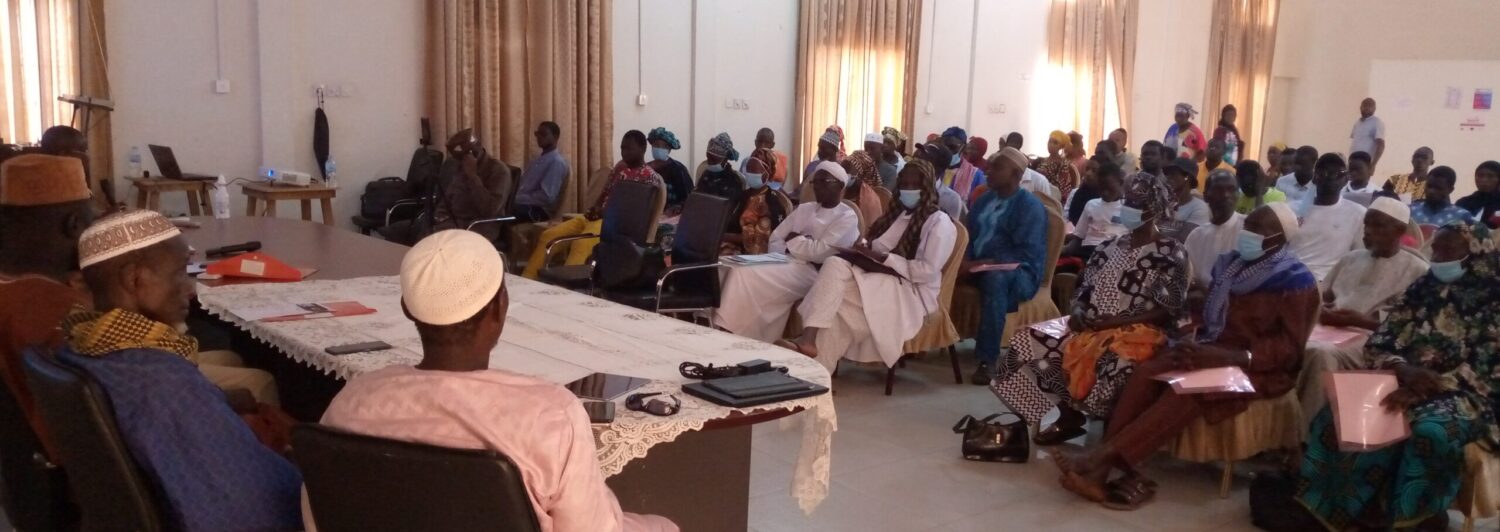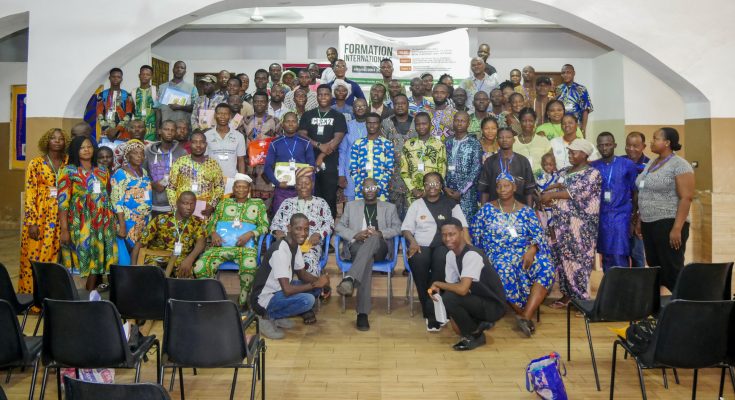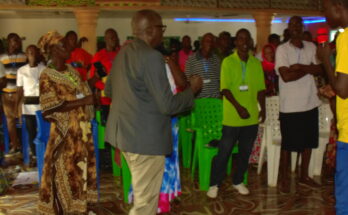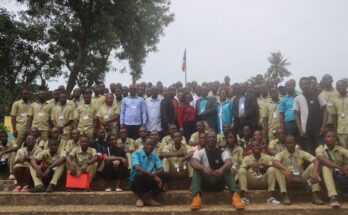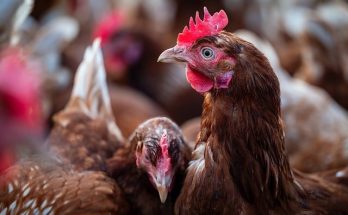The “Knowledge Update on Poultry Health and Nutrition” seminar series kicked off its first leg in the Republic of Benin in April 2024, setting the stage for a groundbreaking initiative aimed at enhancing the skills and knowledge of key stakeholders in the poultry industry. The seminars provided invaluable knowledge into the latest advancements and best practices in poultry health and nutrition, empowering poultry farmers, veterinarians, and industry professionals across the region.
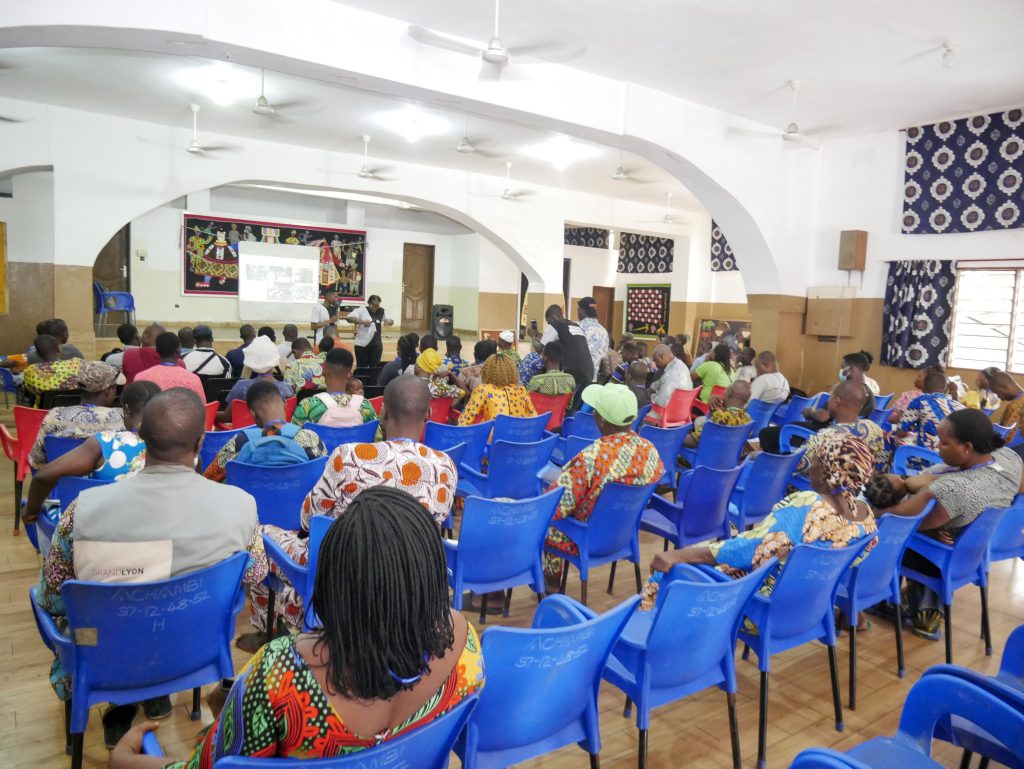
The training session was held on April 16, 2024, at the Salle des Festivals de la Radio Benin Culture in Porto-Novo, offering the perfect environment for dynamic knowledge exchange among industry experts. Following this, the series continued with a second seminar on April 18, 2024, at the Salle de Conference du Centre de l’Ulcer de Buruli in Allada, a prime location just off the entrance from Cotonou, which made it accessible to an even wider audience. These strategic locations enabled the seminar to reach a diverse group of participants, maximizing its impact.
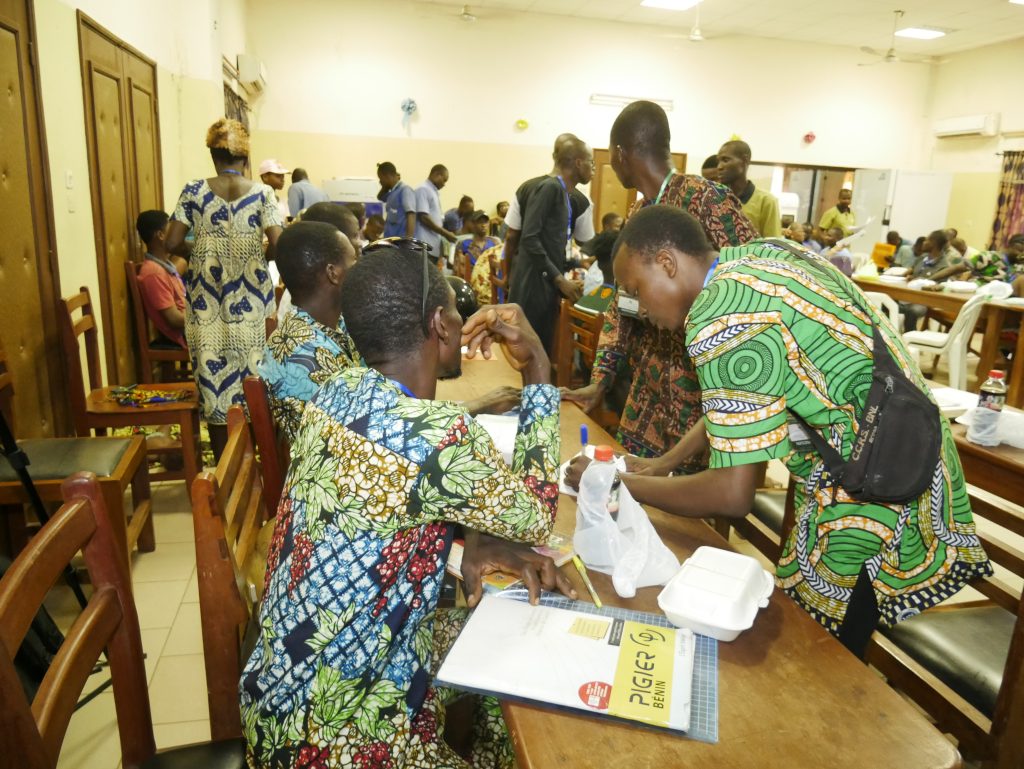
The seminars were structured to blend theoretical knowledge with practical applications. Presentations on cutting-edge poultry health techniques were paired with case studies and interactive group discussions, ensuring a hands-on learning experience. A diverse mix of over 347 attendees participated, including poultry farmers, veterinarians, agricultural students, and animal scientists, all eager to gain new knowledge. The participants were not only equipped with valuable information but also received technical bulletins to reinforce their learning and certification upon completion of the seminar.
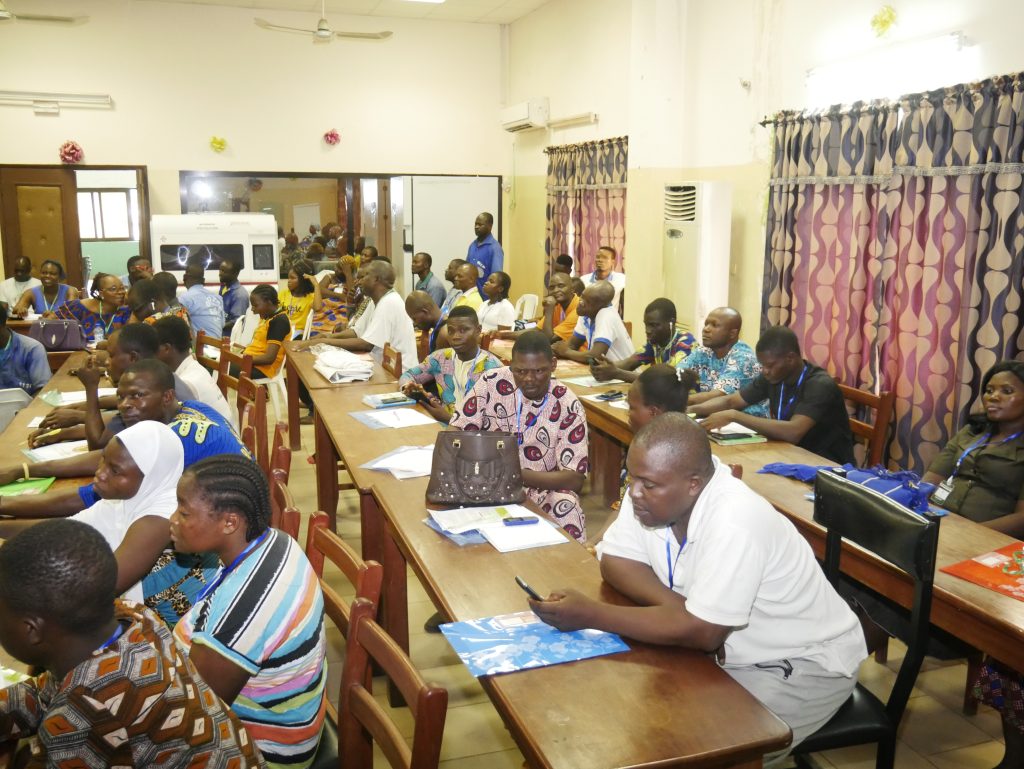
With the generous backing of the Zoetis Foundation, the seminar series was offered free of charge, a decision that lowered financial barriers and allowed for broad participation across different sectors of the poultry industry. The success of these seminars highlighted the critical importance of knowledge-sharing initiatives, particularly in Sub-Saharan Africa, where improved farming practices are crucial for the sustainability and profitability of the poultry sector.
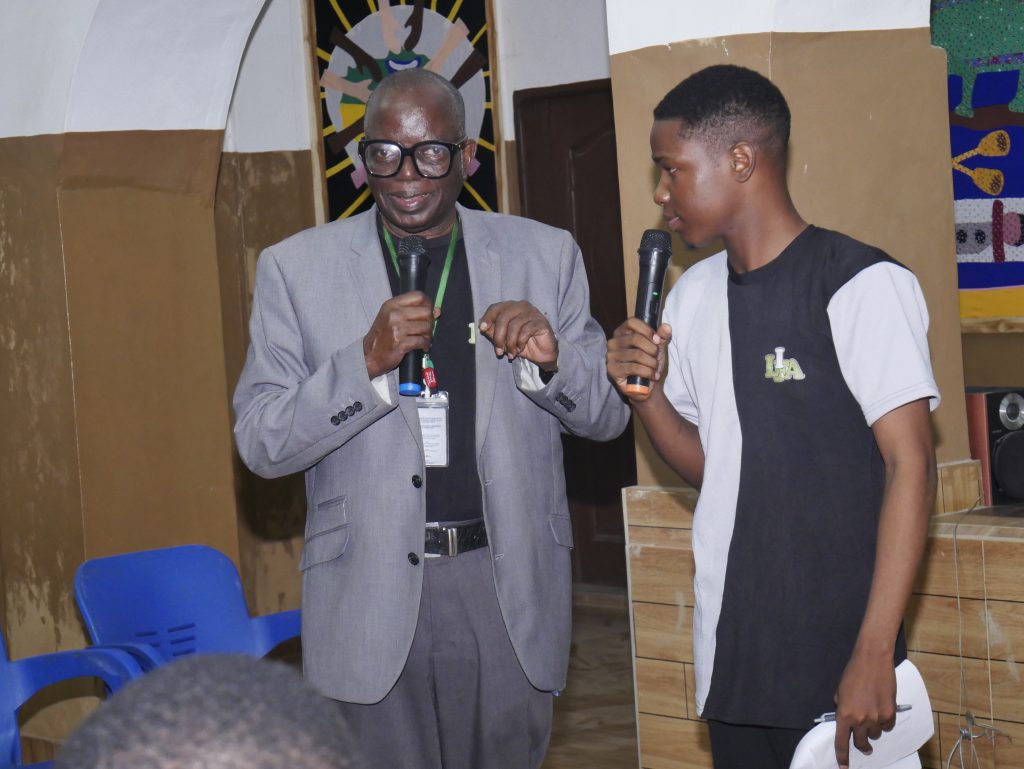
Several renowned experts led the sessions, sharing their expertise on critical issues impacting the poultry industry. Dr. Stephen Adejoro, an authority on integrated farming systems, delivered a compelling presentation on the “Mixed Portfolio Practice for Profit Maximization.” He emphasized the importance of diversifying into both poultry and other livestock production to mitigate risks and enhance profitability. His discussion covered best practices such as regular weighing of animals, implementing robust health protocols, and maintaining optimal herd sizes for sustainable income. His approach encouraged participants to adopt diversified farming systems as a way to improve productivity and financial stability.
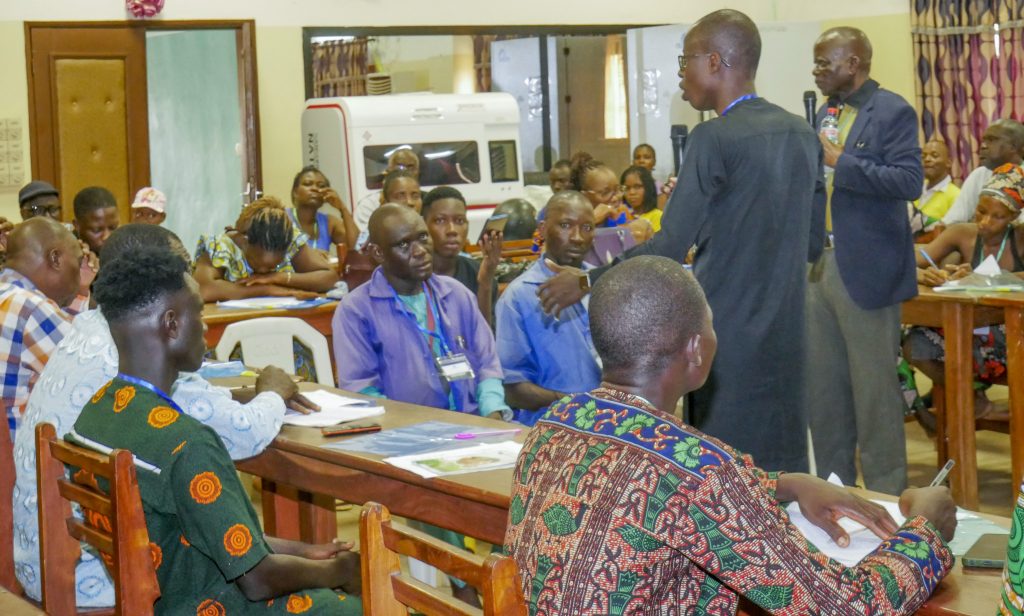
ZINSOU Fréjus Tanguy A. conducted an informative session on precision feeding, a method that focuses on optimizing feed to meet the specific nutritional needs of chickens at various stages of growth. By improving feed efficiency and reducing waste, precision feeding ensures both economic and environmental benefits. Tools such as AniManag software were introduced to participants, showcasing how digital technology can streamline feed distribution for better profitability and sustainability in poultry farming.
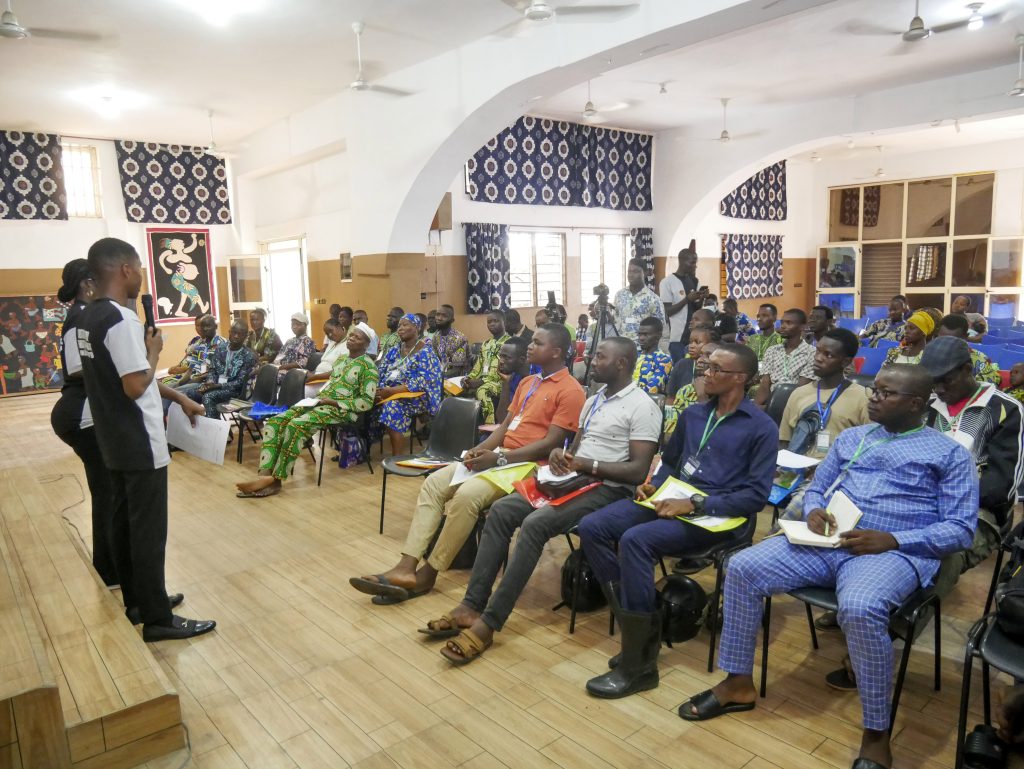
Finally, Kétomon Pierre CHALLATON delivered a highly relevant presentation on biosafety measures to control the spread of diseases within poultry farms. His emphasis on stringent sanitation practices, vaccination protocols, and early detection through epidemiological monitoring was well-received by participants. These comprehensive disease management strategies have the potential to significantly improve health outcomes and ensure the longevity of poultry farming operations.
The Republic of Benin leg of the seminar series successfully demonstrated the growing need for robust educational platforms within the poultry industry. The information shared during the sessions not only strengthened local poultry practices but also fostered a more resilient and sustainable approach to farming. These seminars, packed with expert knowledge, practical tools, and invaluable networking opportunities, set a benchmark for future events and further solidified LIFA’s mission to support poultry farmers across West Africa.
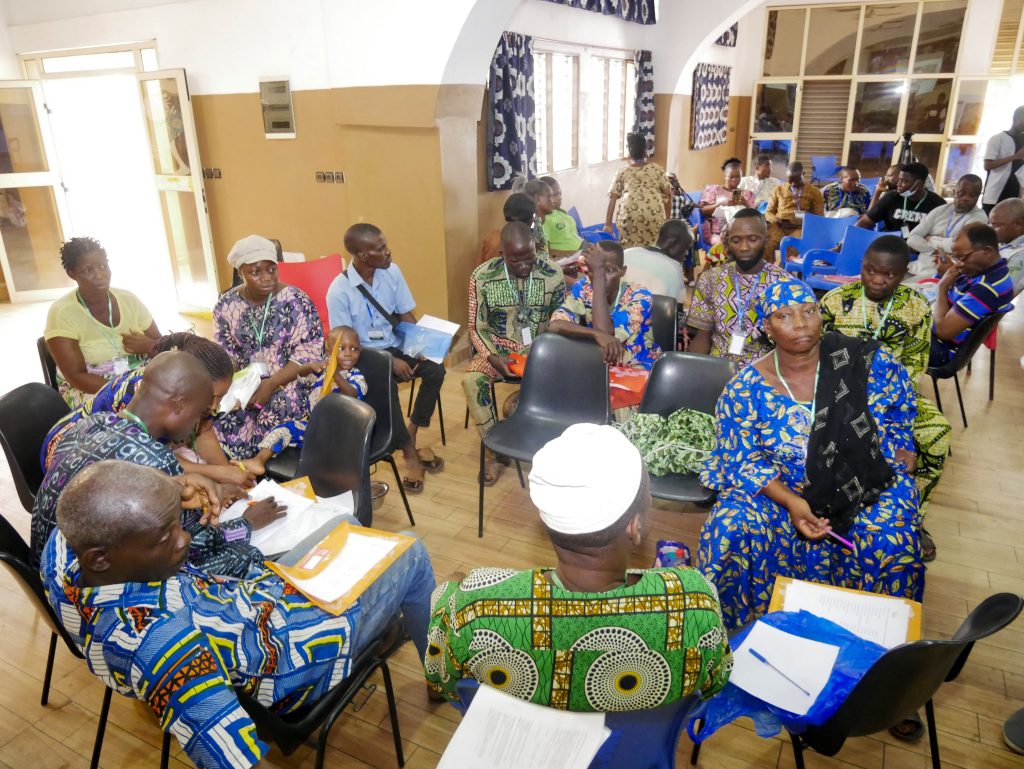
As the Knowledge Update Programme continues across different regions, it is clear that this initiative will have a lasting impact on improving both the quality and sustainability of poultry farming throughout Africa.
